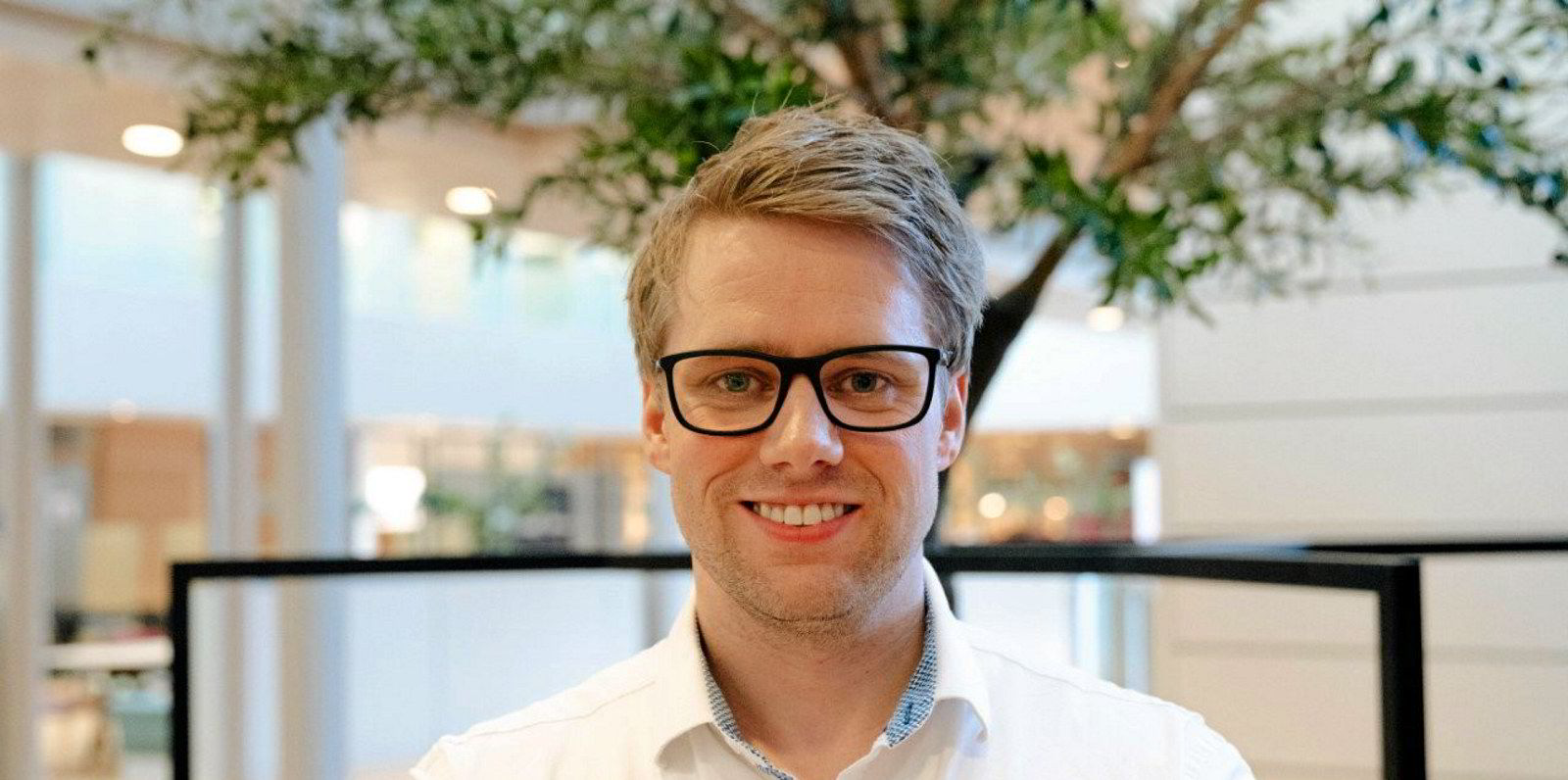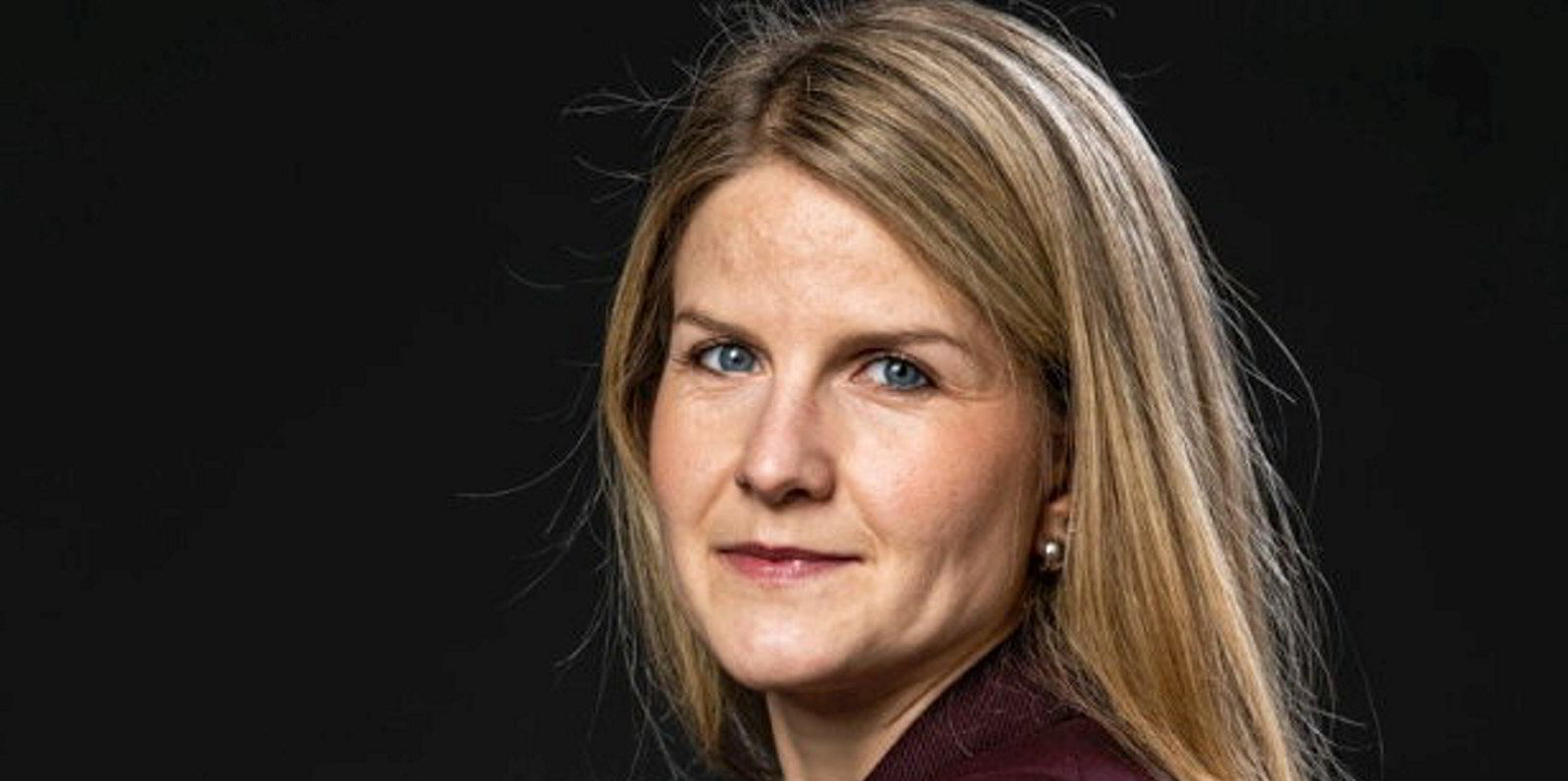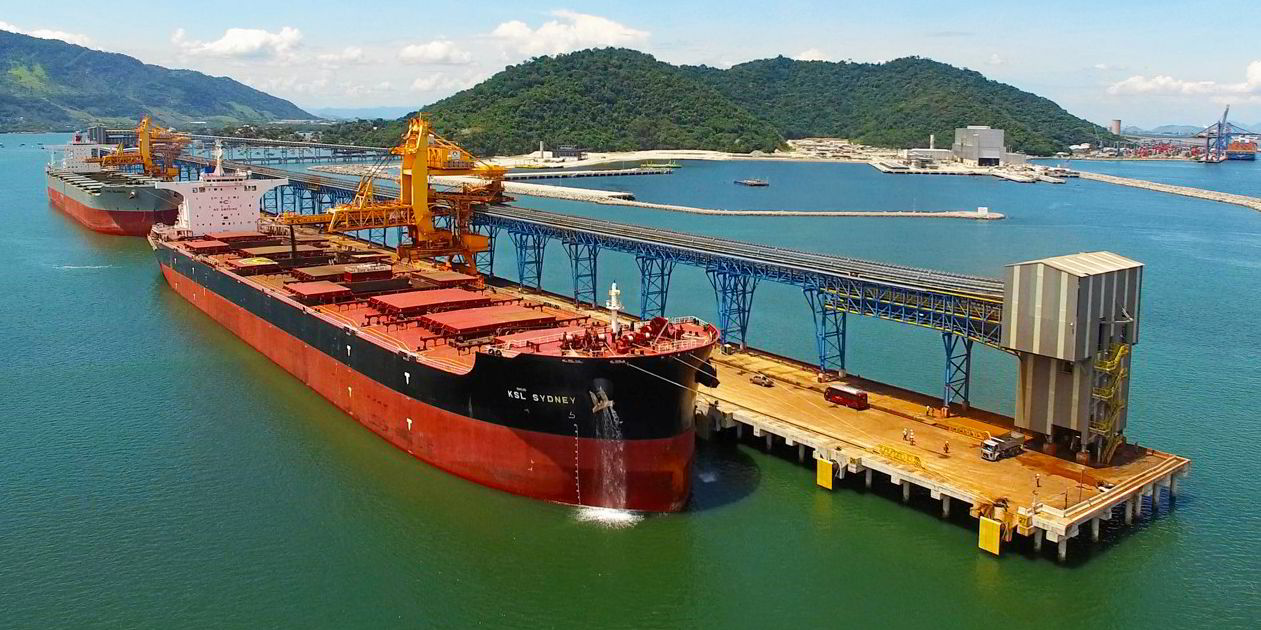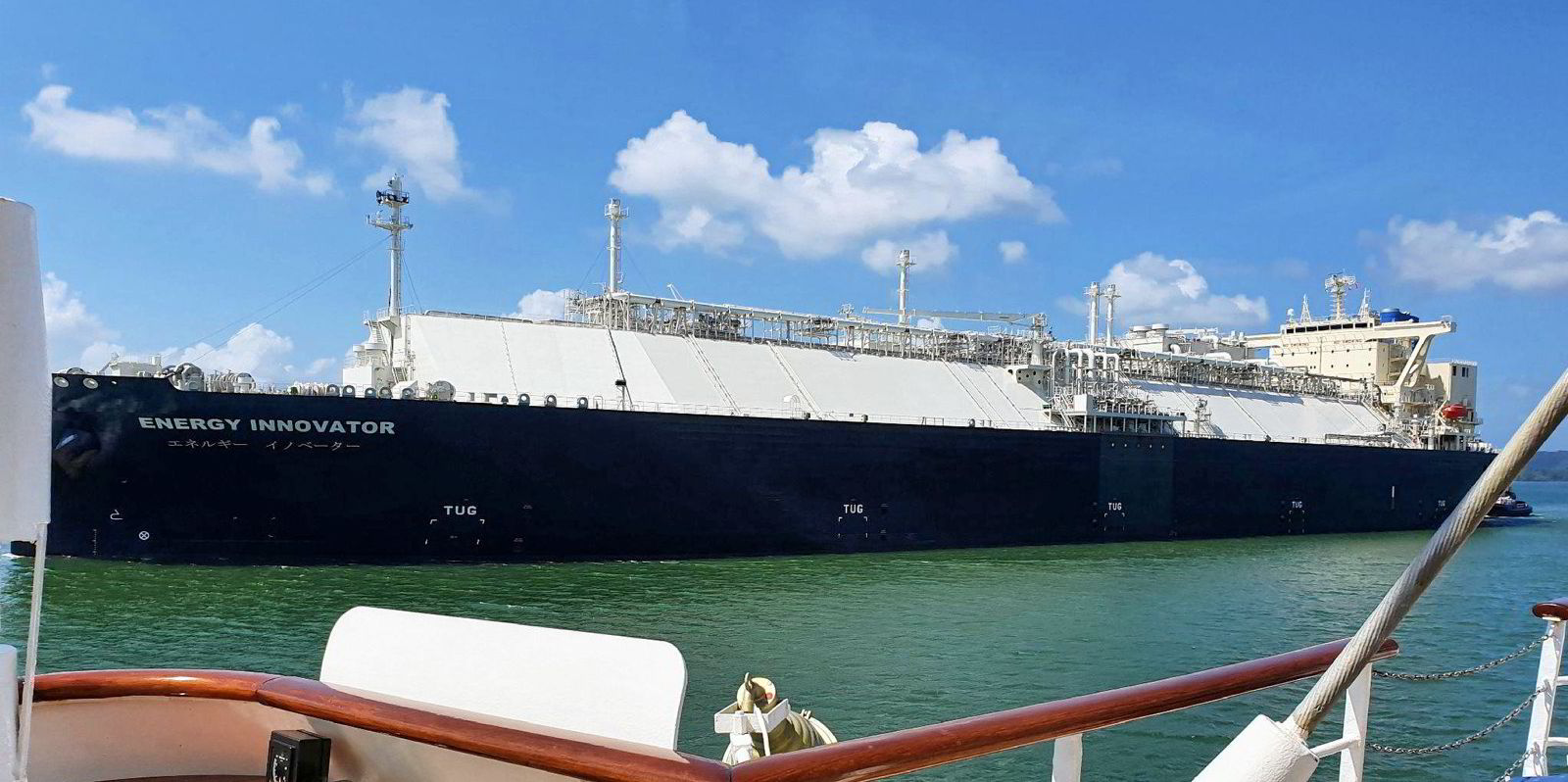Norwegian owner Torvald Klaveness has warned industry players to start acting on Scope 3 emissions or risk increasing costs and a competitive disadvantage.
Ingrid Kylstad, sustainability lead at technology company ZeroLab by Klaveness, said Scope 3 — or indirect supply-chain output — is the biggest chunk of their carbon footprint.
"But very few companies know the full picture," she said during a company webinar to explain the issues around decarbonisation and digitalisation.
Kylstad said the issue is about managing risk.
"Companies will be asked to disclose emissions by clients and eventually by legislation. You should do your utmost to get a full picture of the situation," she advised, while adding that data must be accurate.
Aleksander Stensby, managing director of Klaveness Digital, called Scope 3 the "bastard child of the emission hierarchy".
For industrial companies, he said Scopes 1 and 2 are the biggest contributors to their carbon footprint. They involve the outfits' own operations or purchases.
'Toe-dipping' so far
He added that Scope 3 has not been a top priority.
Stensby said: "It's been on the radar, but it's mostly toe dipping, it's not moving forward."
But he believes the category provides an untapped opportunity for shipping.
"The time is now to move, you can't just sit and wait," Stensby said.
Scope 1: Direct emissions from owned or controlled sources.
Scope 2: Indirect emissions from purchased energy sources.
Scope 3: Various other indirect emissions in a company’s value chain.
Torvald Klaveness chief executive Lasse Kristoffersen said technology has not yet solved the problem for shipping, where zero-emissions fuels will always be more expensive than carbon-based ones.
He added that "carbon would win" if market forces alone decided which bunkers owners would use.
Fuel bills to soar
Kristoffersen said fuel bills could eventually make up 70% or 80% of freight costs — up from 50% now.
By contrast, newbuilding prices will only rise about 25% for the next generation of zero-emission vessels.
"This is less than the volatility of newbuilding prices," Kristoffersen said.
The industry is faced with a "chicken and egg" dilemma, in which no one wants to move first, because fuel producers need the ships to burn their products, but owners will not order the vessels without the fuel being available.
"There is no silver bullet," Kristoffersen warned. "One single answer doesn't exist."
But he added that there is no excuse to not start measuring emissions and taking action now.
Kristoffersen said: "This is the window of opportunity. If you want to be a shaper, to use it to your competitive advantage, this is the time to act."
Stop allowing stupidity

Stensby said: "We need to stop allowing stupidity. We are incentivising stupid behaviour through the supply chain."
He gave the example of ships "racing to wait" in port, because of the first-come, first-served model.
"We will have to pay, but we can sit around and wait or start now and be ahead of the curve," Stensby said.
He advised choosing partners who are taking action themselves, as well as switching to just-in-time arrivals.
"It all starts with visibility, then collaboration," he said.
Kristoffersen insisted cargo owners face simple questions such as whether to pick the most fuel-efficient vessel for the same price, as well as whether to choose the closest ship to the cargo.
Devil in the details
"Very few industrial companies actually look at this in detail," he said.
"If someone else is picking the most fuel-efficient vessel, they're not available to you."
Kylstad added that there are benefits to being a first mover.
"It's the lowest hanging fruit that will be taken first," she said.
Stensby concluded that cargo owners should get started now and not be paralysed by the uncertainty.
He said: "Most companies are scared, don't know how to approach this. There is this sense that Scope 3 is out of control, but it can be done."
Trafigura on the case
As an example, Swiss trader and shipowner Trafigura is already working on Scope 3 targets.
The company wants to reduce operational greenhouse-gasemissions by at least 30% by the end of the 2023 financial year, compared with 2020 levels.
That would cover Scope 1 and 2 output, meaning a sustainable reduction of more than 1m tonnes of CO2.
The group then intends to set a target for Scope 3 emissions by its 2023 financial year.
Shipping makes up 70% of Scope 3 output for the group.
Trafigura revealed in its 2020 responsibility report that total CO2 emissions rose to 11.87m tonnes in 2020, up from 8.26m tonnes the year before.





